I used an ultrasonic pest repeller against an ant invasion — here’s what happened
Cross your fingers that they irritate the ants in your home.
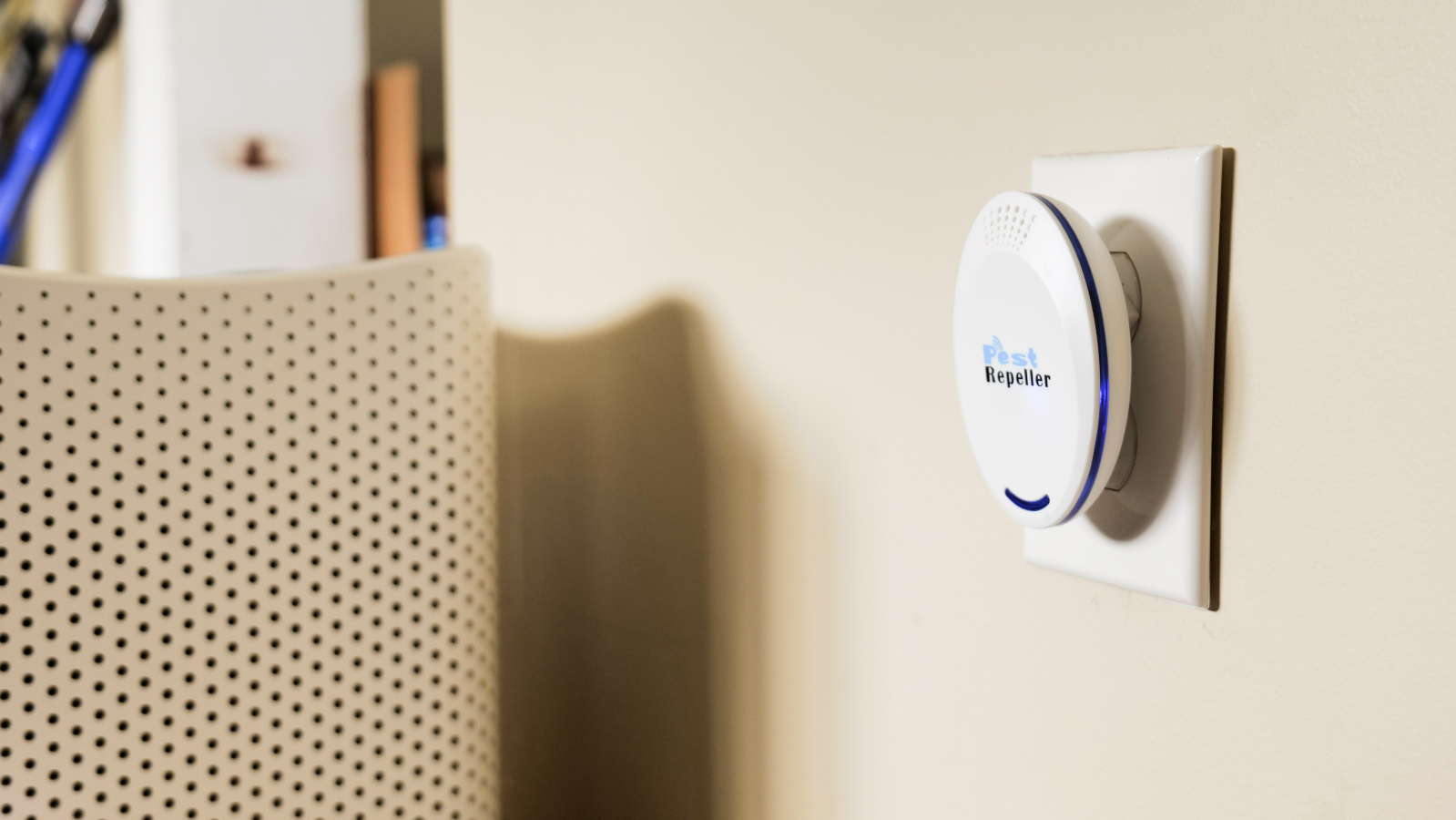
I bought my first home last fall. It was a long, rewarding process that taught me a lot about being a new homeowner — like how to replace a garage lock, as well as understanding why my boiler is in the attic. For most of the winter, the only inconvenience my fiancé and I had with our new home was trying to unpack all the boxes we had from our move.
With spring’s arrival, we were suddenly faced with a terror we’ve never had to experience living in an apartment. I’m talking about ants. We found them scurrying around in the bathroom and kitchen, which we suspected were coming in through the baseboards. One day, we found as many as a dozen of them in the kitchen, where they were all over a bowl of dry cat food on the floor.
Grabbing the Dyson, I was able to quickly thwart off the ants’ invasion, but I kept finding them throughout the day. That’s when I did some research and read how some people used ultrasonic pest repellers to fix ant problem. So, I bought a six-pack of them and installed them around the kitchen and bathroom.
How do ultrasonic pest repellers work?
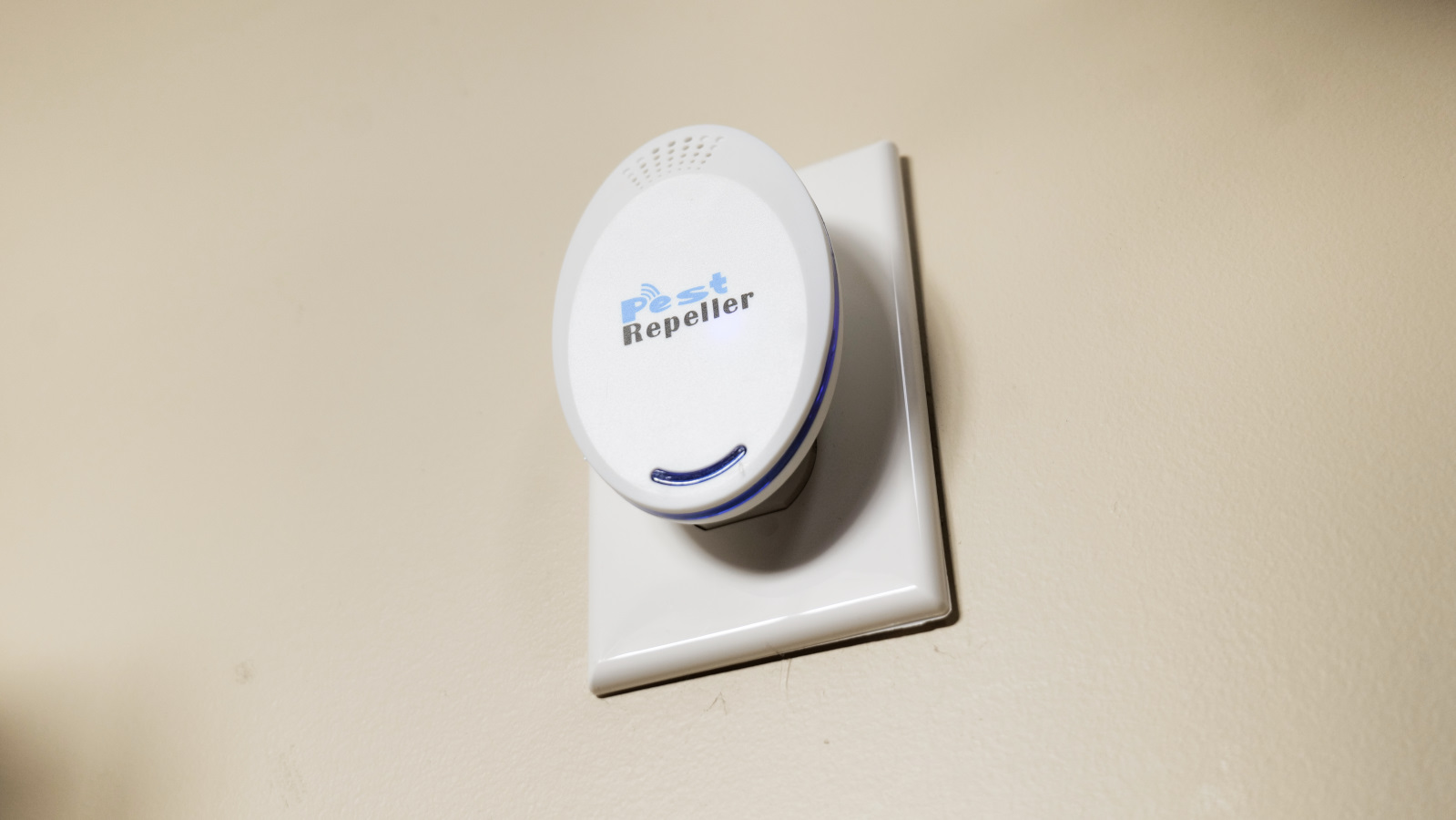
I didn’t know if these ultrasonic pest repellers were legit, but the single reason why we opted to use them was because they reportedly don’t interfere with house pets — like our two cats. This do-it-yourself solution was honestly better than spraying pest repellents around the kitchen, which we were afraid that our cats could ingest accidentally and get sick.
They work by emitting high-pitched sound frequencies to cause common household pests, like my ants, enough discomfort to repel them. I installed one in the bathroom and three in the kitchen, which simply required nothing more than plugging them into my outlets. They were silent, with only a blue light to indicate they’re powered on, but our cats didn’t seem bothered by them.
In addition to ants, many ultrasonic pest repellers are advertised to repel other household insects such as the common house fly, mosquitos, roaches, spiders, and mice.
Are ultrasonic pest repellers effective?
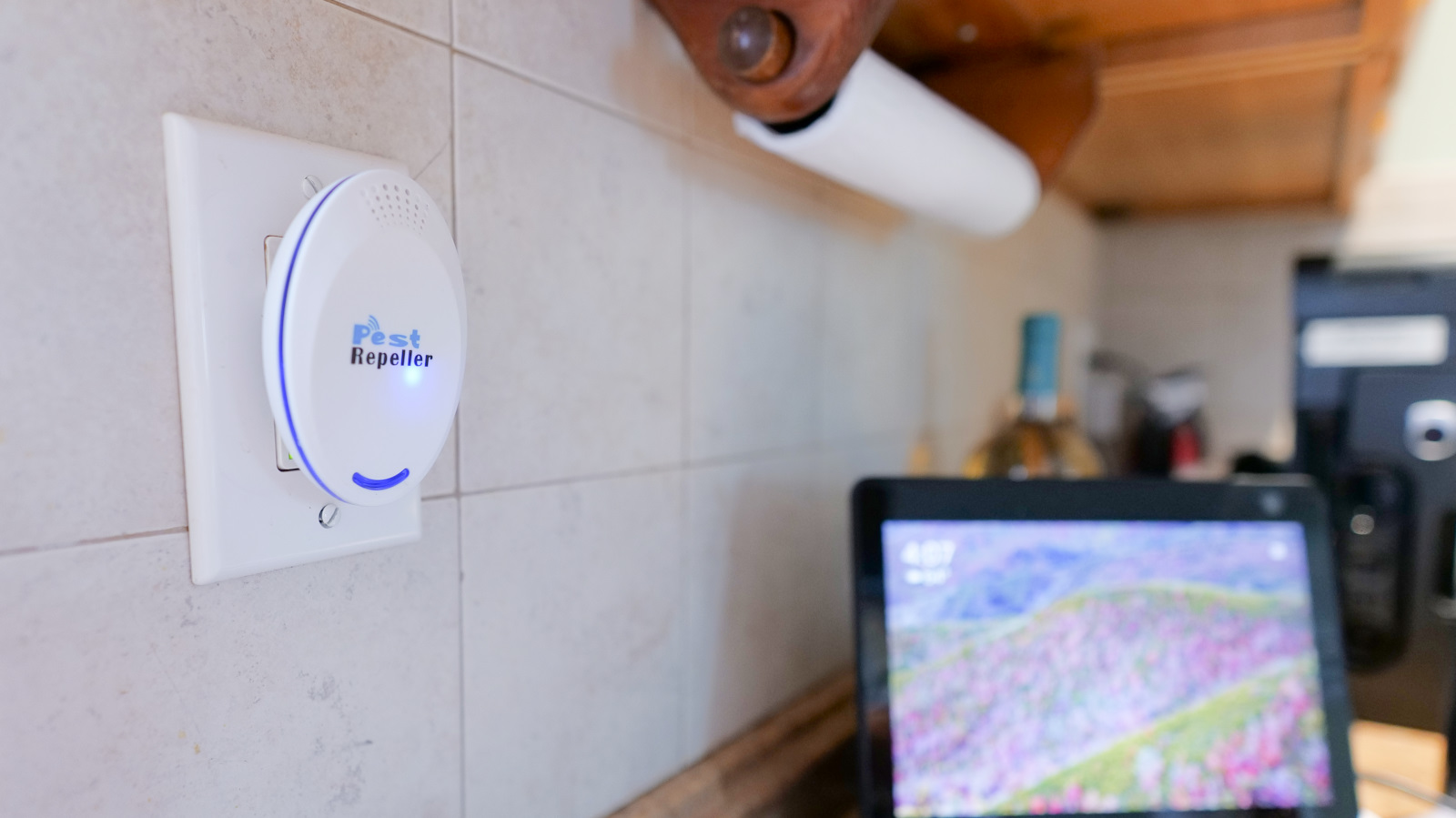
Initially, we were victorious in our war against the ants. Soon after installing the ultrasonic pest repellers in our home back at the beginning of April, we only found less than a handful of ants in the kitchen the following day. After a week, we noticed fewer and fewer ants infiltrating the kitchen area where we feed our cats — so you could say that they were effective.
Sign up to get the BEST of Tom's Guide direct to your inbox.
Get instant access to breaking news, the hottest reviews, great deals and helpful tips.
However, it’s worth noting that there was a sudden shift in weather during that period of peace. When we first started to see the ants, we were going through unusually milder weather temperatures, but then a cold spell swept through the area. I was suspicious that the chilly conditions made it uncomfortable enough for the ants to come inside our warm home, but we were pretty much ant-free for a couple of weeks.
But then the temperature climbed back up.
Winning the battle, but not the war
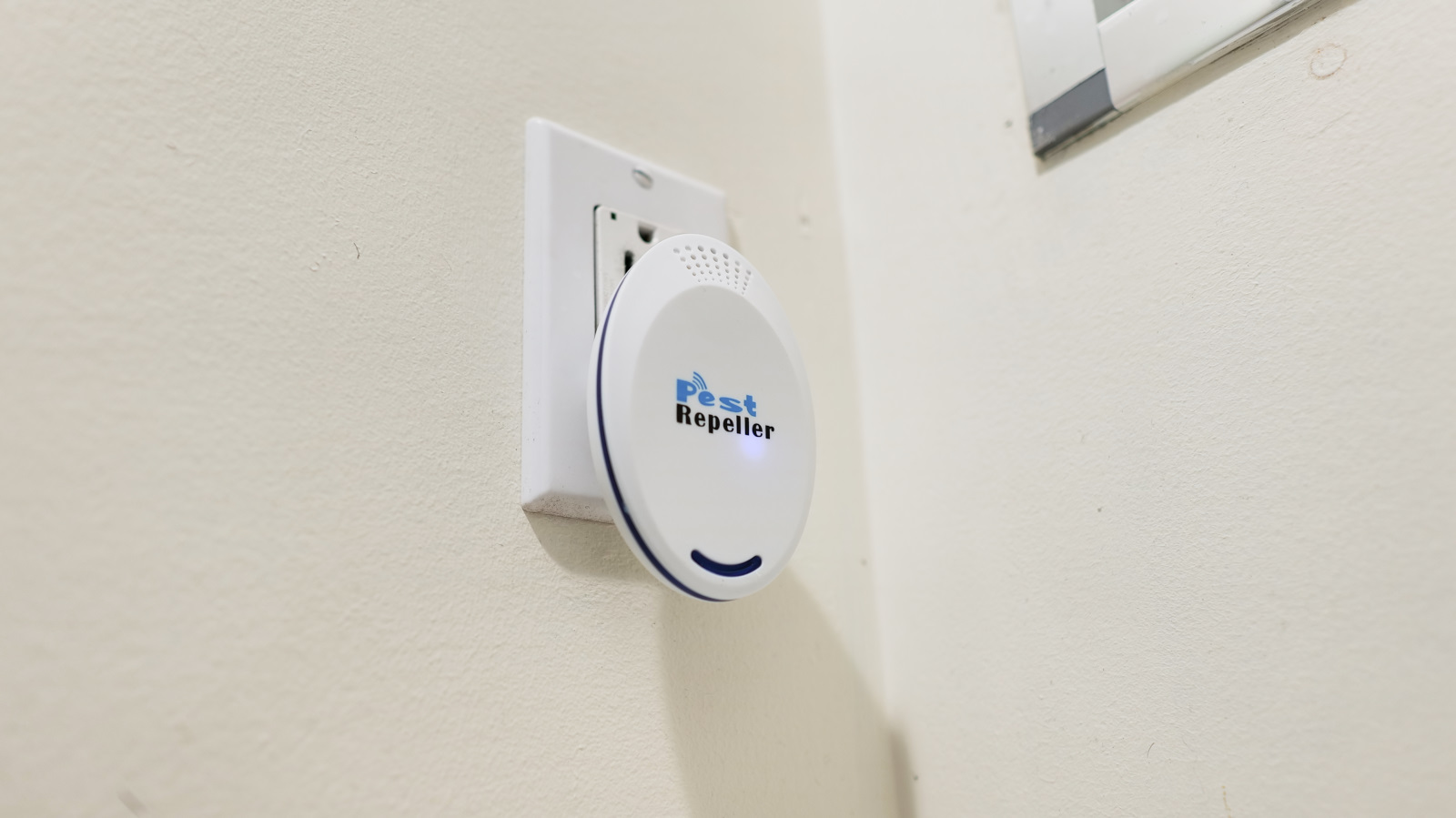
Peace was unfortunately short-lived. At one point, we found a trail of about 25 ants from the bathroom to the dry cat food bowl in the kitchen — and this was despite having one of the ultrasonic pest repellers nearby on the wall around that area.
I’m no expert in ants, so I reached out to Dr. Corrie Moreau, professor at Cornell University. She’s an entomologist and evolutionary biologist who studies ants, and what she told me confirmed my suspicions.
“Temperature has a lot to do with insect activity,” explained Dr. Moreau. “Since insects are exothermic, they cannot generate their own body heat so the outside temperature affects their ability to be active. That is why we see more insects outside and sometimes inside when the weather heats up.”
Now I’m not surprised that the ants returned after that cold spell, but while that revelation confirmed what I suspected, Dr. Moreau went on to explain how ants, much like us humans, can be desensitized by different sounds over time.
“Although some insects can likely hear the frequency admitted by these devices, they rarely repel them since like us other animals, including insects, can tune out constant or frequent noise,” said Dr. Moreau. It’s much like how over time, we become less distracted by harsh sounds in the environment. This is no different for the ants inside of my home, along with other insects.
Dr. Moreau went on to explain to me how ants react to new stimulus in their environment. “When the device is first installed, it may be a new stimulus for insects and other pests in our home, which may result in them looking elsewhere for food and shelter, but soon they learn there is no harm from the noise and will reinvade.” This is exactly why I’m still finding ants every now and then.
Perhaps the set of ultrasonic pest repellers I bought weren’t as strong? Maybe another model would’ve yielded better results? Regardless, I’m still at war with the ants, but Dr. Moreau revealed her most sobering remark. “Despite the claims, ultrasonic pest repellers do not work, at least in the long term.”
How to avoid ants at home
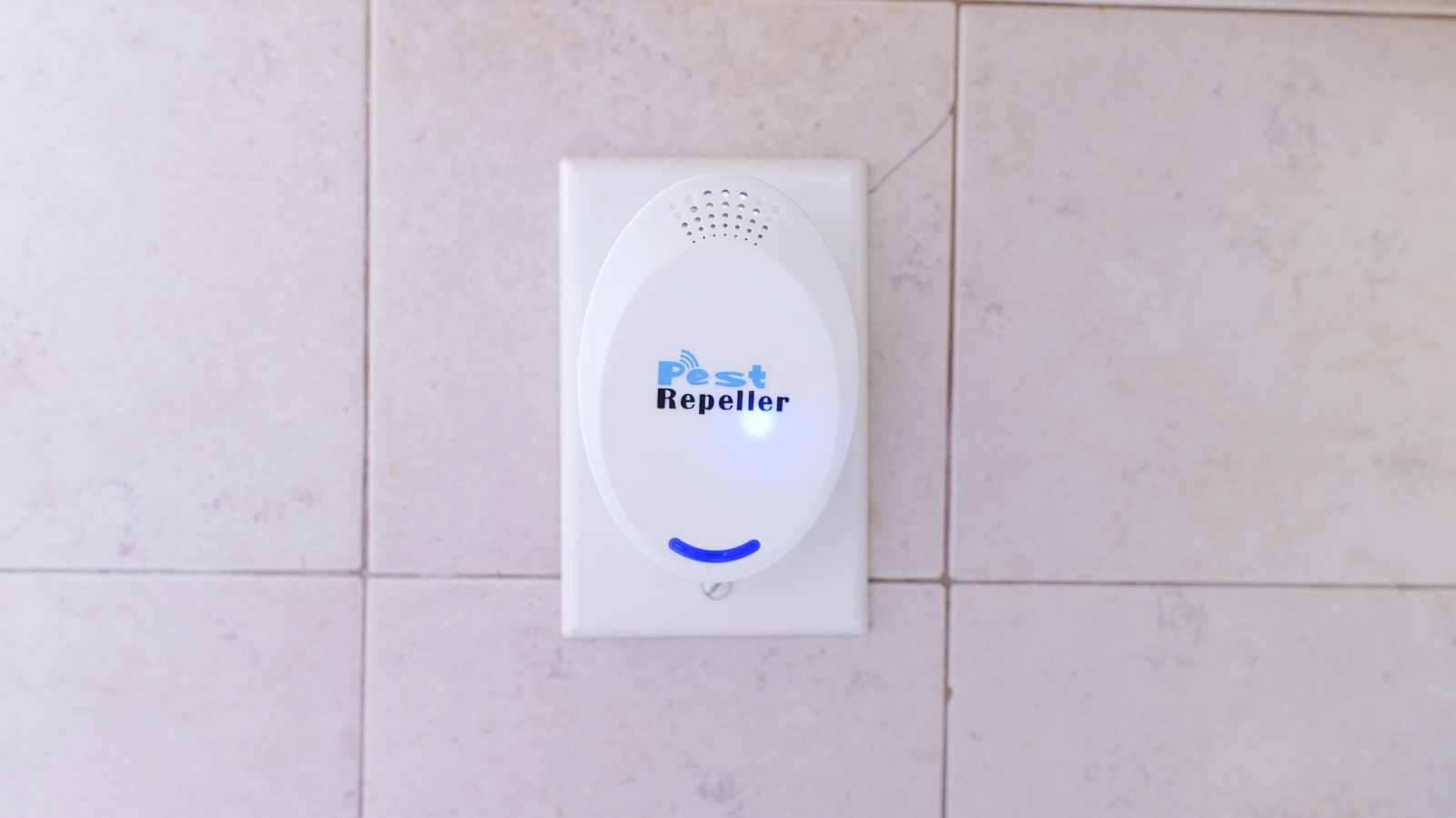
I was back to square one, finding ants all throughout April and May, but I did get some valuable advice from Dr. Moreau on how to avoid ants at home. “If you really want to keep pests out of your home, the best solutions are to keep surfaces clean to limit food and shelter opportunities.” She’s not wrong about this, so we made it a point to always clean after our cats whenever we were around.
With summer weather finally moving in, we eventually started to notice fewer and fewer ants inside of our home. We kept on cleaning the feeding area in our kitchen, but I surmise that there’s a lot more food opportunities outside for the ants to go after. By lessening those opportunities for ants inside of our home, they’ll eventually go elsewhere. Funny enough, Dr. Moreau ended our conversation with her best advice on how to prevent ants from coming inside. (If they do get inside, and you're worried about your pets, you'll want to know how to get rid of ants safely with household products.)
“Remember most insects and other animals that get into our homes are not there to harm us. They also like the shelter and food we provide, so if you would prefer not to share your home with them, limit the chances of them finding things they want,” she went on to say. ”Then they will likely move to your neighbor's house!”
More from Tom's Guide

John’s a senior editor covering phones for Tom’s Guide. He’s no stranger in this area having covered mobile phones and gadgets since 2008 when he started his career. On top of his editor duties, he’s a seasoned videographer being in front and behind the camera producing YouTube videos. Previously, he held editor roles with PhoneArena, Android Authority, Digital Trends, and SPY. Outside of tech, he enjoys producing mini documentaries and fun social clips for small businesses, enjoying the beach life at the Jersey Shore, and recently becoming a first time homeowner.
